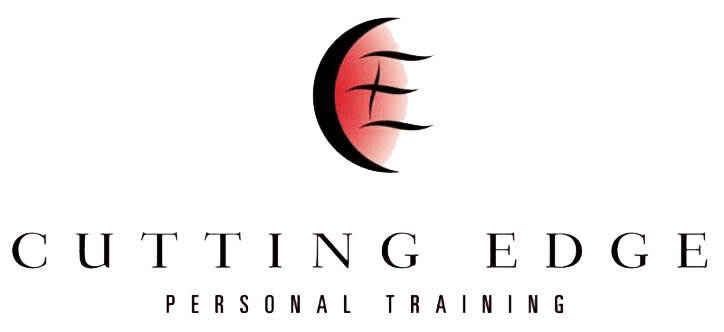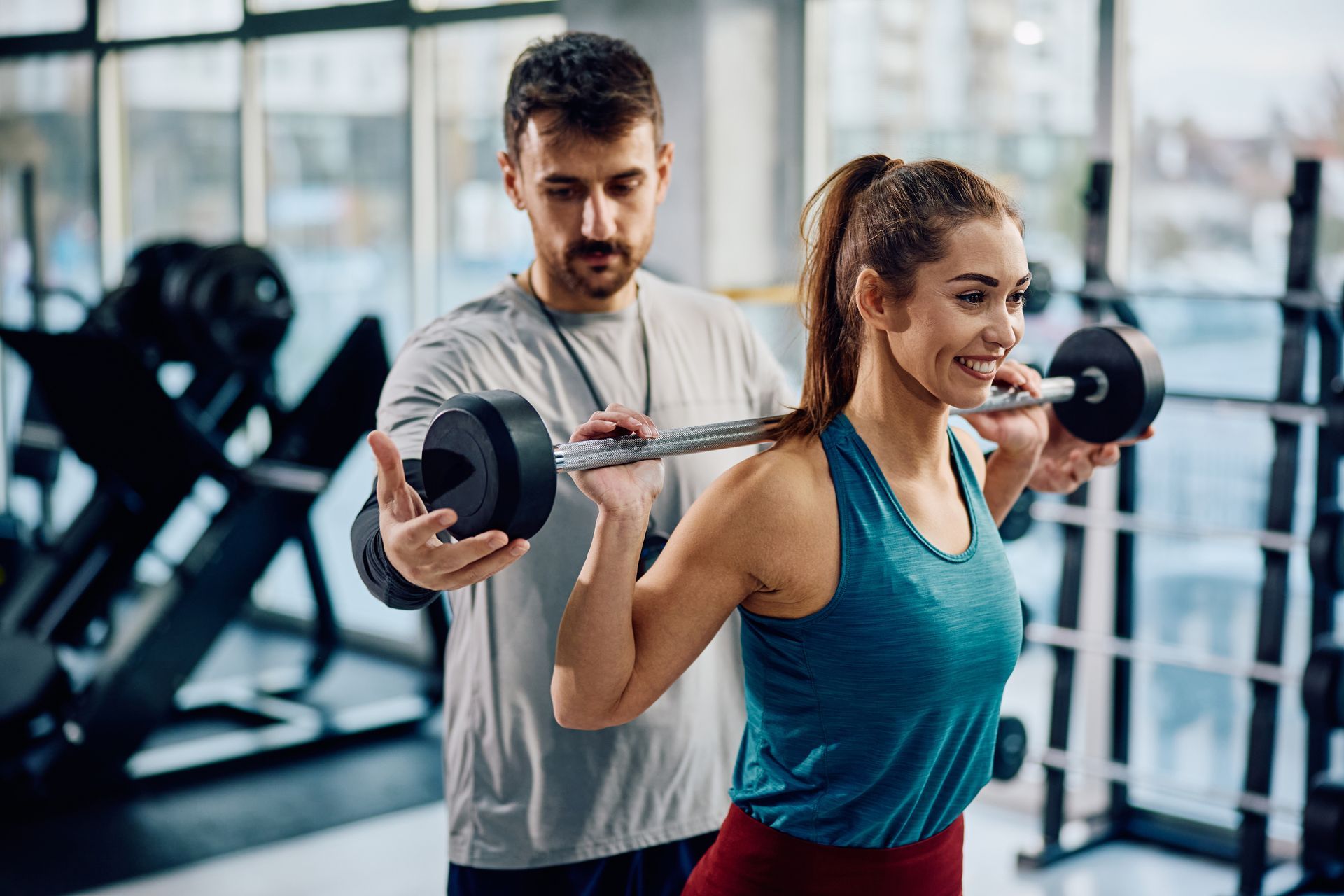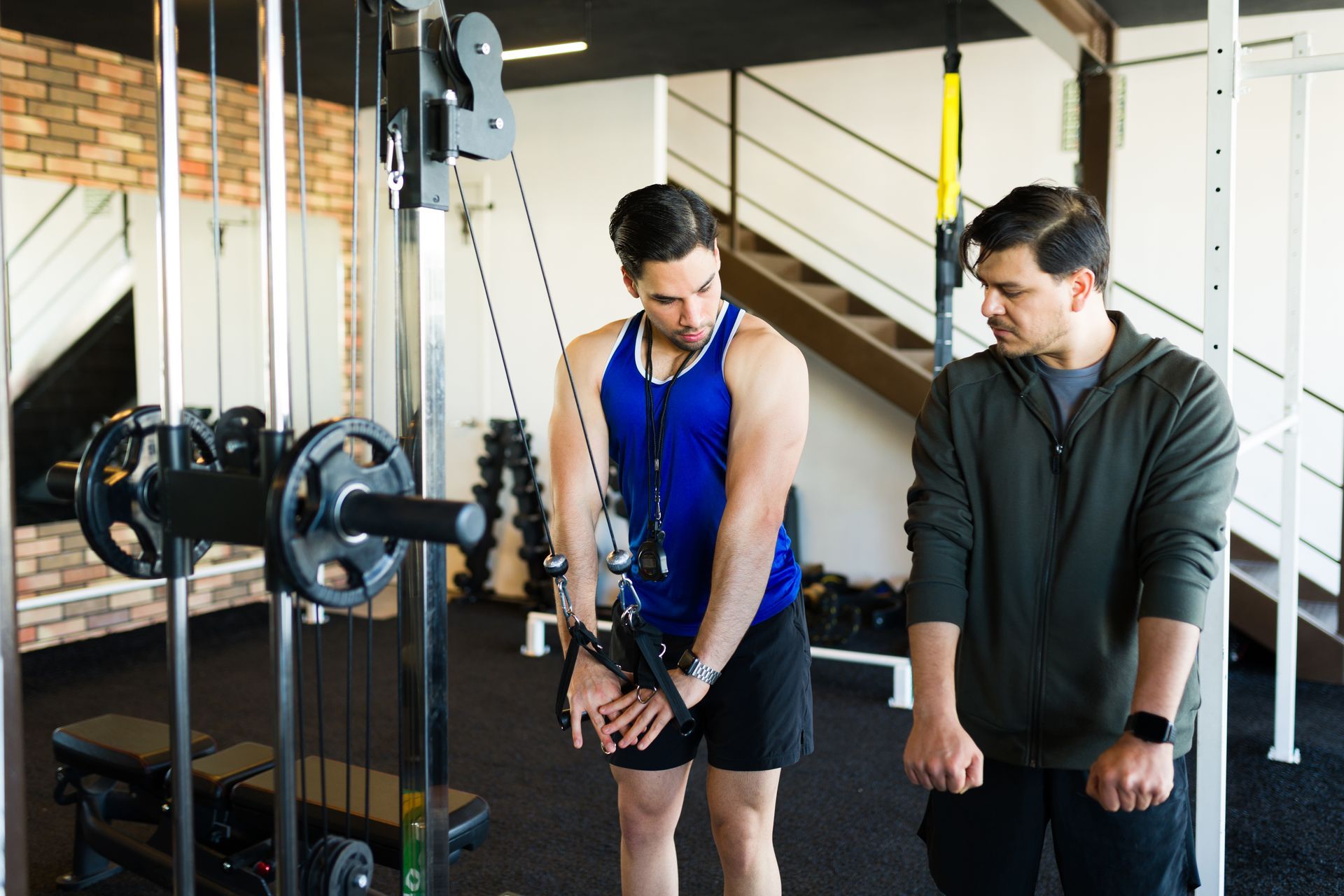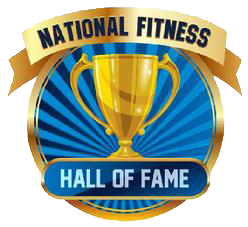April 15, 2022
Nutritional Supplements - Part 3 - Recovery-Boosting Supplements

Welcome back to my series on nutritional supplements! If you're just tuning in, be sure to check out parts 1 and 2 first.
In those first two articles, we answered two questions - Are supplements a must? And, what are the best performance-boosting supplements? In this post, we'll be discussing recovery-boosting supplements.
As the name suggests, these supplements help your body recover from exercise, promote muscle growth, and increases in strength, strength endurance, and other physical properties.
Do You Need These Supplements?
Though most of your results will come from nutrition, we all know that in the modern-day, fast-paced world, it may be quite tough to hit all your nutritional needs. That's why it's important to make sure that you're using all of the tools at your disposal to improve your performance and see results as quickly as possible.
For many people, recovery-boosting supplements are an essential part of their fitness routine that help them in getting the best results possible in the least amount of time.
But before I go on to tell you about my favorite recovery supplements, let’s answer one question first, to understand what we’re working with.
What Happens During A Workout?
Alright, so we all know the amazing feeling we get in the gym - That sweet skin-bursting pump and the sheer feeling of intensity during a set.
Nothing can replace that.
However, during those intense sets, there are a gazillion things that happen under the skin.
For one, we ramp up the nervous system, as it increases the frequency of brain-muscle signals so that the muscles can contract.
Following is the micro-damage that occurs in the muscle cells - This is what we refer to as “muscle protein breakdown.”
Finally, we have the exhaustion of energy components like creatine & muscle glycogen, which get broken down to fuel muscle activity and, as an end result, lead to the accumulation of byproducts.
These byproducts may often lead to the very well-known feeling of “muscle soreness,” felt days after a workout.
Why Does This Matter?
To put it simply, knowing what happens behind the scenes of an epic workout is important in the context of figuring out how to recover.
Ignoring this information is kind of like going for a rebuild of a house without knowing what actually needs to be worked on.
So with this in mind, we can say that the main goals of a recovery supplement stack are:
1. To help muscle protein synthesis
2. To relax the nervous system
3. To recover energy substances
Now without further ado, let’s have a look at exactly how this can be done!
#1 Protein Supplements
We already discussed Protein Supplements in part one in the context of overall nutrition. Now we are zeroing in on post-workout recovery.
When we talk about protein, whether it is from food or a supplement, it is important to get the most bioavailable ones.
Bioavailability simply speaks of the protein’s ability to be absorbed and used.
More bioavailable/biologically valuable proteins are ultimately better for recovery.
When it comes to the biological value of proteins, eggs are the food that is used as a standard since they have the highest biological value… Except for one food product - Whey protein!
Whey protein is, without a doubt, the best supplement when it comes to boosting muscle protein synthesis and recovering muscle tissues.
Even more so, it is a viable option for moments when you can’t really get a high-protein meal in.
Furthermore, you can also find casein protein, which is a form of protein that gets digested and absorbed very slowly, making it suitable for intake before bed - This will allow you to recover to the best extent possible while you’re sleeping.
Oh, and did I mention that protein supplements are a good fit for a variety of high-protein desserts and recipes? So yeah - Get yourself some protein, pair it with creatine and good nutrition and you’ll easily cover points #1 and #3 on the above-mentioned list (recovering the muscles & the energy substances.)
#2 BCAAs
When talking about protein, we just can’t pass the fact that the building blocks of proteins are amino acids.
Now, basically, there are nine essential amino acids, 3 of which are with a branched chain.
These are called the “branched-chain amino acids” or shortly “BCAAs.”
The theory was that isolated amino acids would instantly get into the bloodstream, providing just the same effects as quality protein, but skipping the energy and time-consuming digestive process.
However, a study showed that BCAAs don’t really have a particularly prominent effect on muscle protein synthesis.
Nevertheless, they might be a great supplement to take in the context of reducing delayed onset muscle soreness (DOMS.)
What this means is that while not really a must, BCAAs may be helpful after rough workouts to help you quickly get over muscle soreness and get right back into the next workout.
Another avenue I find them useful is for those that train in a fasted state. Drinking them intra-workout on those days you wake-up and go right to the gym is a great way to keep that intensity high and avoid crashing mid-workout.
#3 GABA & Ashwagandha
Most of us in the modern era are very prone to stress.
And that’s normal - We live in a world where we’re constantly bombarded with information and various social encounters that activate our stress response.
However, one little-known fact about stress is that it hinders our growth and immune function.
Yeah, that means worse recovery.
There are two ways to deal with this that work quite well in synergy:
1. Mental resilience exercises
2. Supplements
More specifically, I want to bring up two very effective supplements that help stress management - GABA & Ashwagandha.
Long story short, ashwagandha is a root used in Ayurvedic medicine, that has many properties.
One of the most important ones is its ability to increase GABA in the brain, leading to a calmer inner state.
GABA is basically an amino acid neurotransmitter that regulates certain functions in the brain, leading to decreased brain activity.
Of course, that in turn leads to reduced anxiety, reduced stress, improved sleep & better cognitive function overall.
If you tend to have a lot of stress in your life, you may want to think about supplementing these products. Because again - Stress management is key to recovery.
Final Thoughts
Whether you're looking to recover from a strenuous workout, chronic stress, or just the stresses of everyday life, these supplements will help get your body back on track.
We hope this article has helped you feel more confident in how to choose products that are right for you.
Got questions? Feel free to ask us!
